Your car can vibrate, shake, and create various types of noises for different reasons.
One such problem is rattling noise when accelerating.
If it particularly happens when you accelerate the engine,
You can pin down the problems of the common failures of several components.
The Reasons Behind Transmission Rattling Noise When Accelerating
Let’s find out the possible reasons that can create this troubling noise.
Knowing about them will help you with quick diagnosis and,
Finding the correct fix before it gets worse.
The Transmission Fluid Level
It’s not a major issue, but you would want to check it to rule out the obvious cause.
The fluid should exactly be at the level instructed in the owner’s manual.
Low level of fluid is one of the reasons for causing a rattling noise
When accelerating. It’s a simple issue with a simple fix,
But the consequence could be outright scary.
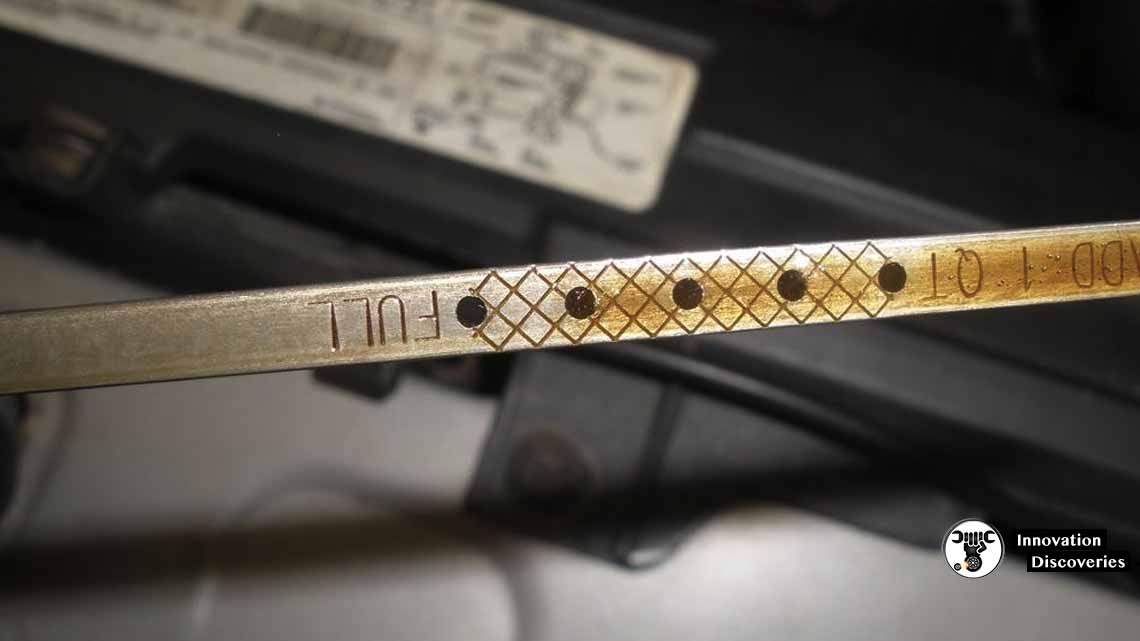
Torque Converter
A bad torque converter could be the origin of rattling sound,
When accelerating at low speed. It will be a faint sound when the car is idling in ‘park’ mode,
But the volume and frequency will increase in proportion to acceleration.
It could indicate the last stage of the converter’s life. If this happens,
You should take the vehicle to a repair shop as soon as possible.
Motor Mount
The motor mount on the passenger side could be another obvious culprit. Its failure could lead to the rattling noise when accelerating. A ruptured mount will leak fluid everywhere. So, if you see dark lines of dripping oil underneath or
On the frame next to the side mount, take it to a mechanic.
Sometimes, it’s hard to determine the failure just by looking at it,
Especially if there’s no stain of oil. You will need to have it diagnosed by a professional in that case.
READ MORE:
- 5 Causes of Transmission Fluid Leaks and Repair Cost
- Bad Habits That Affect The Transmission Life Expectancy
- Things You Ought To Know About How To Rebuild A Transmission
- How To Find When Your Car Needs A Transmission Flush
Heat Shields
These components act as a thermo-reflective barrier between the exhaust system,
And other parts including gas tank, fuel lines, and the cabin of a car.
When they are loose or broken,
They fail to completely block the heat transfer to these key areas. As a result, you will hear frightening rattles at higher speeds.
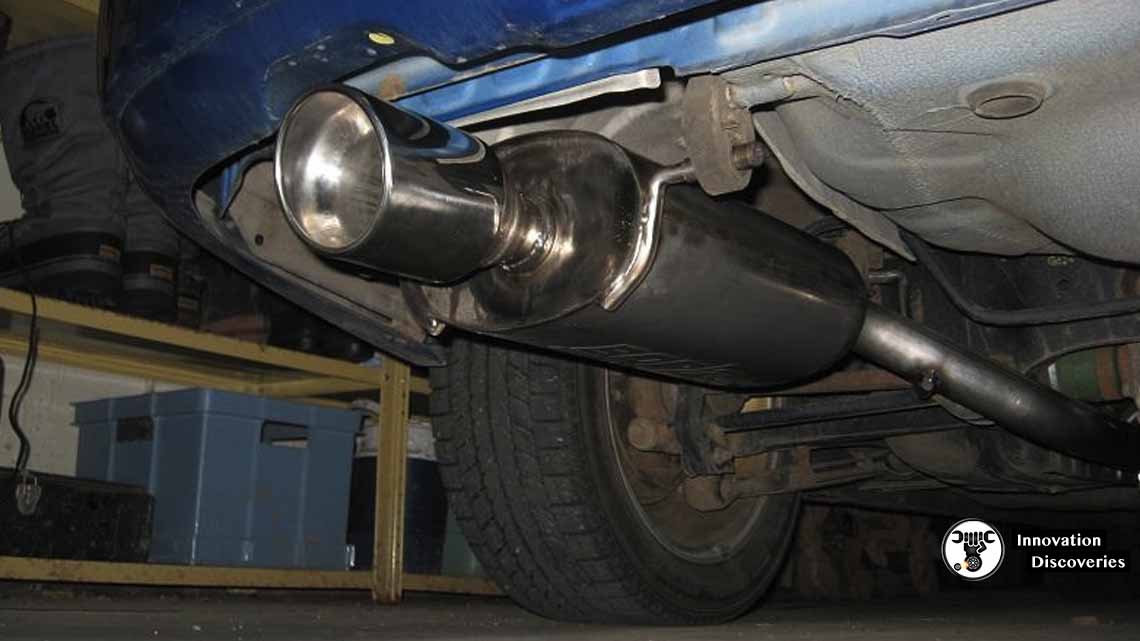
You have to inspect the exhaust system to find out,
If heat shields are causing rattling noise in the car when accelerating. However, do it only when the engine is off for several hours. The exhaust pipe and some other parts
Remain hot even after hours of switching the engine off.
V-Belt Pulleys
The speed of these pulleys escalates with the engine speed.
If they are slightly bent or loose,
The metal-on-metal contact will create a terrifying rattling sound when accelerating.
Open the hood and inspect the V-belts when the engine is off and running. If a pulley is bad, the belt will show damage in the form of frayed sides. If the accessory drive system is the root that car makes a rattling noise when accelerating,
You can remove the belt and spin each of the pulleys to see,
If anyone wobbles or feels loose.
Read More:
Rattling Sound When Accelerating At Low Speed
So what’s about cars makes noise when accelerating at low speed on the road? The rattling noise appears when you start speeding up from 0 to maybe 30 or 40 mph (ca. 64 km/h) and then disappear after car speed surpasses 40 mph (ca. 64 km/h).
In another circumstance,
When your automobile is running at low speed the noise keeping coming out of the car engine.
Moreover, you have the feeling that your car is holding back;
By something indefinable.
What have you done in that situation? The culprit of rattling sound when accelerating
Mainly derives from the car engine. So first things you should do is checking transmission fluid level,
Torque converter, motor mount, heat shields, and pulleys respectively until
You could find the reason.
Wrapping Up
So now, do you know what to do if your car makes a rattling noise when accelerating? Try to follow these instructions above and you will find your problem.
See More:
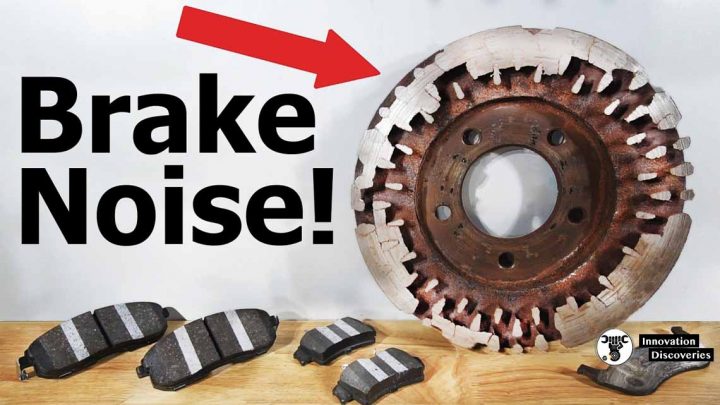


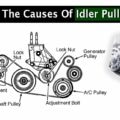
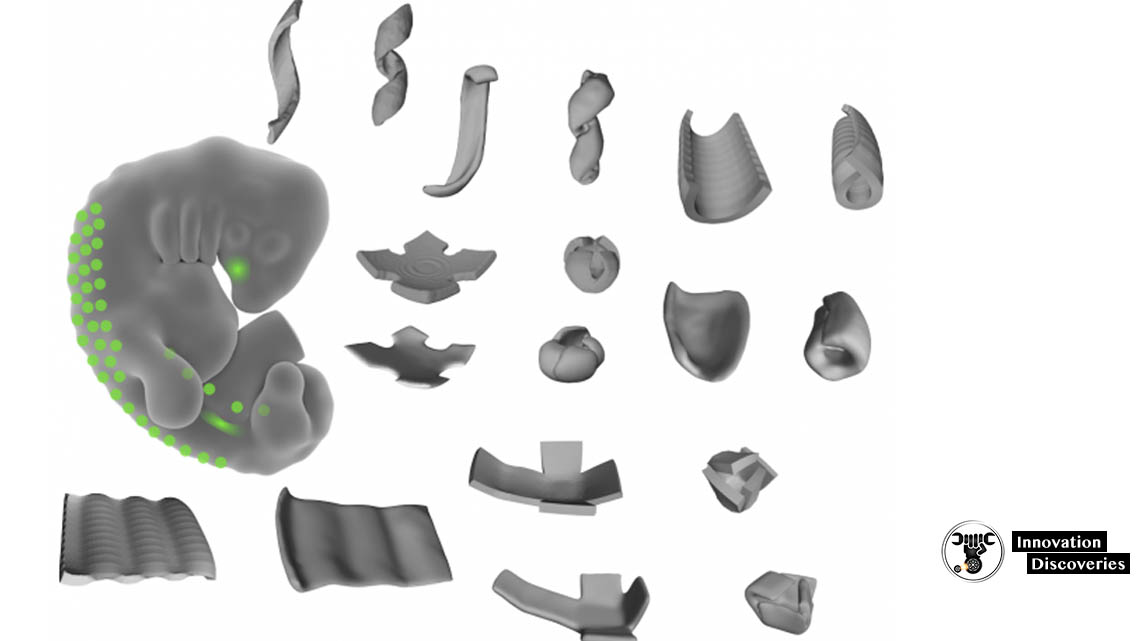
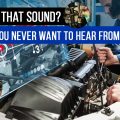
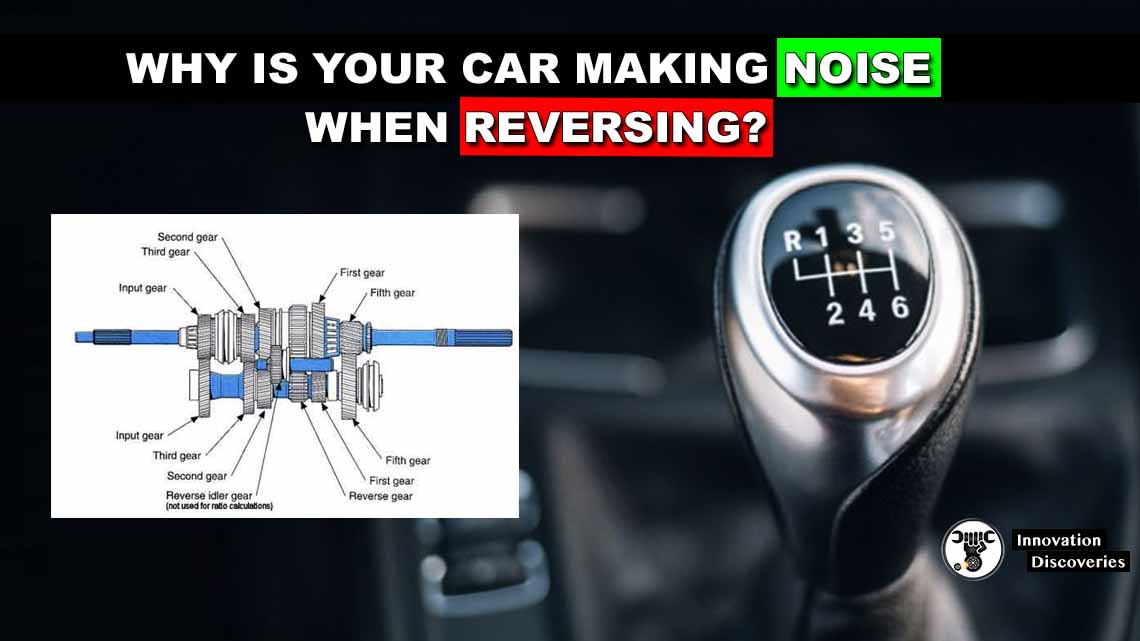
3 Comments